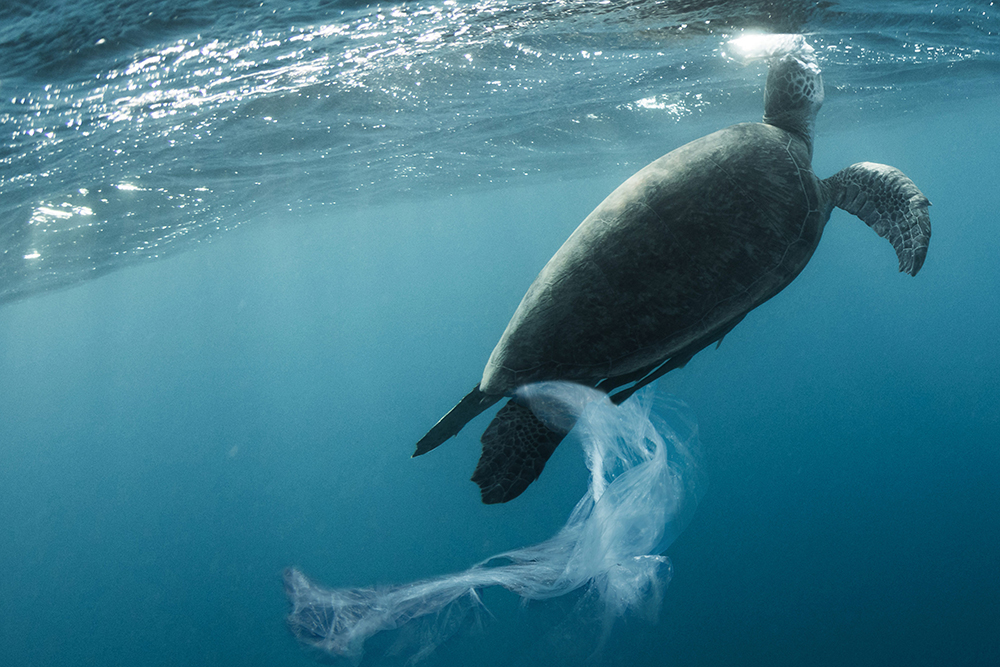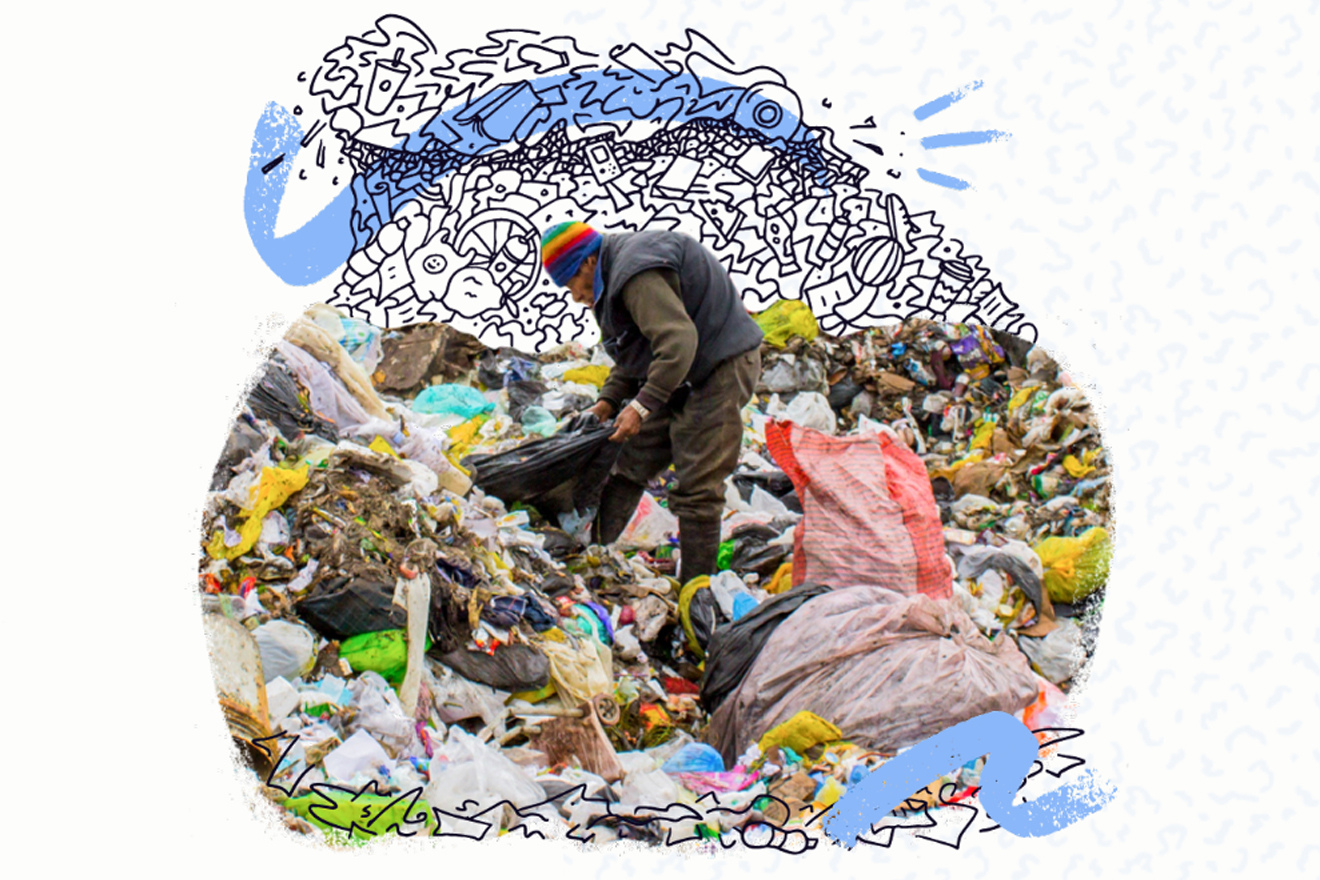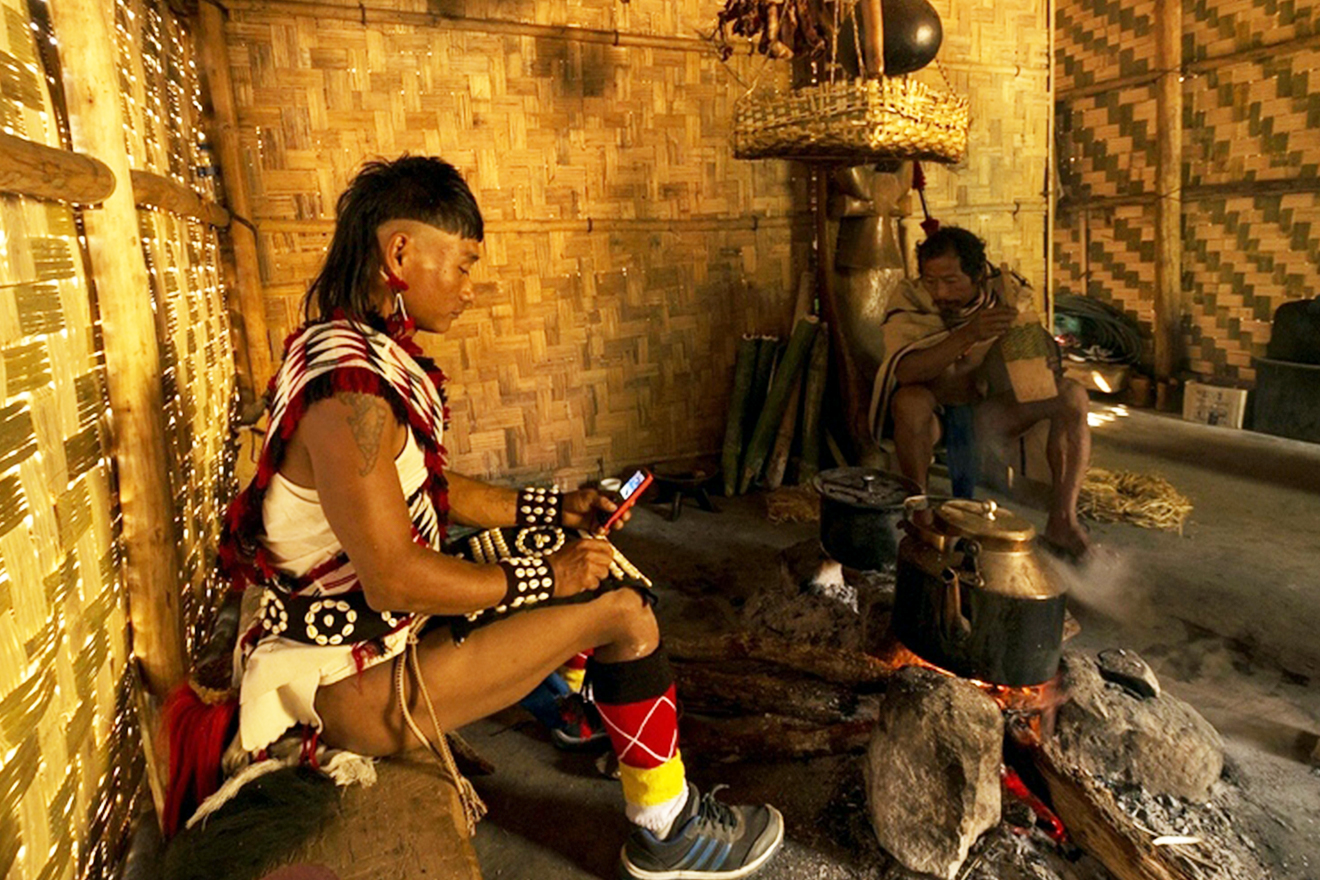The World Health Organization (WHO) has spelled out the need to step up cancer services in low and middle-income countries. WHO warns that, if current trends continue, the world will see a 60% increase in cancer cases over the next two decades. The greatest increase in new cases will occur in low- and middle-income countries, where survival rates are currently lowest. Yet, progress in poorer countries is achievable. WHO highlights a wide range of proven interventions to prevent new cancer cases.
In recent years, Artificial Intelligence (AI) has been advancing at an exponential pace. The transformative power of AI, however, also comes with challenges, ranging from issues of transparency, trust and security, to concerns about displacing jobs and exacerbating inequalities.
In Guatemala, the public healthcare system struggles to keep up with the demands of an aging and ever-growing population. In 2015, it was discovered that major cases of corruption were affecting medicine procurement in Guatemala’s Social Security Institute (IGSS). Since then, UNOPS has been working with IGSS to improve transparency in its procurement processes, playing a fundamental role in the strengthening of institutional procurement capacities. Over time, changes began to occur, and the benefits of a more transparent and efficient system became widely accepted. More vital medicine reached citizens who needed it. Healthcare facilities improved. And the delivery of services became more patient-friendly.
Since 2011, the Syrian conflict has hit hard the families in the country, as well as its agriculture. Many families lost their husbands, fathers or other breadwinners, leaving women solely responsible for earning money and taking care of their families. FAO teamed up with Slow Food International to offer Syrian women opportunities to gain the skills and confidence they need to boost their production, but also importantly, to help them identify markets. As part of this initiative, seven Syrian women, as well as a number of female technicians, travelled to the Piedmont and Liguria regions of Italy to learn from farming communities that produce and promote local, organic and artisanal foods.
Bosnia and Herzegovina veterinary authorities are better equipped to protect livestock from several animal diseases spreading in Southeastern Europe, thanks to the support of the IAEA in partnership with the Food and Agriculture Organization of the United Nations (FAO). This is an important step for food security in the country and for the export of animal products and food to the European Union market.
This initiative unites the tourism sector behind a common vision to tackle the root causes of plastic pollution, enabling businesses and governments to take joint action. To achieve this vision, tourism companies and destinations will be required to make a set of concrete and actionable commitments by 2025.
ILOSTAT data show that progress is needed in many areas and in every region to achieve gender equality in the labour market. While most of us are aware that women are often paid less than men in the same occupation, ILOSTAT data show where the gaps are largest. The median gender wage gap for 115 countries with available data is 14% in favor of men. And male-dominated occupations have even higher wage premiums for men.
There are more than 7.5 billion people on earth and we use 1.5 times more resources than we have. There will be 9.7 billion by 2050; we'll need 3 planters to sustain our lifestyles. We don't have 3 planets. A radical re-thinking is required.
Desert Locust swarms in East Africa, already unprecedented in their size and destructive potential, could swell exponentially and spill over into more countries if efforts to deal with them are not massively scaled up across the region, FAO warns.
To create a cyber-secure world, we must be as fast and globally integrated as the criminals. Facing a global threat with local resources will not be enough. Countries need to do more internally and internationally to coordinate their efforts.
UNAIDS is calling on governments to ensure that the right to health is realized by all by prioritizing public investments in health. At least half of the world’s population cannot access essential health services. “The right to health is eluding the poor and people trying to lift themselves out of poverty are being crushed by the unacceptably high costs of health care. The richest 1% benefit from cutting-edge science while the poor struggle to get even basic health care,” said Winnie Byanyima, Executive Director of UNAIDS. Nearly 100 million people are pushed into extreme poverty (living on US$ 1.90 or less a day) because they have to pay for health care, and more than 930 million people spend at least 10% of their household budgets on health care. Publicly financed health care is the greatest equalizer in society. Health should not be a privilege for the rich—the right to health belongs to everyone.
Over the course of history, anti-Semitism has continued to raise its ugly head. It first emerged under religious pretexts in the Middle Ages, then appeared as nationalism from the nineteenth century onwards, before assuming a scientific claim in Nazi ideology. Since the end of the Second World War, it has reappeared, in the guise of anti-Zionism. History urges us to be vigilant. Robert Badinter draws lessons from it that are rich with meaning − and warnings. With this article, the UNESCO Courier contributes to the commemoration of the International Holocaust Remembrance Day on 27 January.
About half the world's people do not access and use the Internet. People and communities that are connected are empowered. They can access information, online health services and life-saving disaster warnings. The International Telecommunication Union (ITU) works in all regions of the world and develops tailored programmes to allow everyone to access and use the Internet, in particular by developing infrastructures for technologies and networks, and enhancing the regulatory and market environment. ITU raises awareness and assists countries in developing the policies, legislation, regulations and business practices that promote the digital inclusion of people with specific needs, including indigenous peoples, people with disabilities, women, girls, youth and children.
The huge wildfires in Australia, Amazon, California, the Congo basin and Indonesia have drawn the world’s attention to the risks associated with extended periods of unusually hot and dry weather, which is an effect of climate change. The global average temperature is now 1.1°C higher than at the beginning of last century. Higher temperatures create, in some parts of the world, drier conditions, increasing the likelihood and intensity of wildfires, and megafires.
There are 10 years left to achieve the United Nations’ 2030 Agenda for Sustainable Development, an ambitious plan to create a better future for people and the planet. Cutting child mortality by a third in Brazil, reaching carbon neutrality in Finland and redirecting trillions of dollars of investment to funds that promote sustainability: these are some examples of initiatives from governments, civil society and the private sector, designed to speed up the UN’s goal of achieving a fairer society for all.















